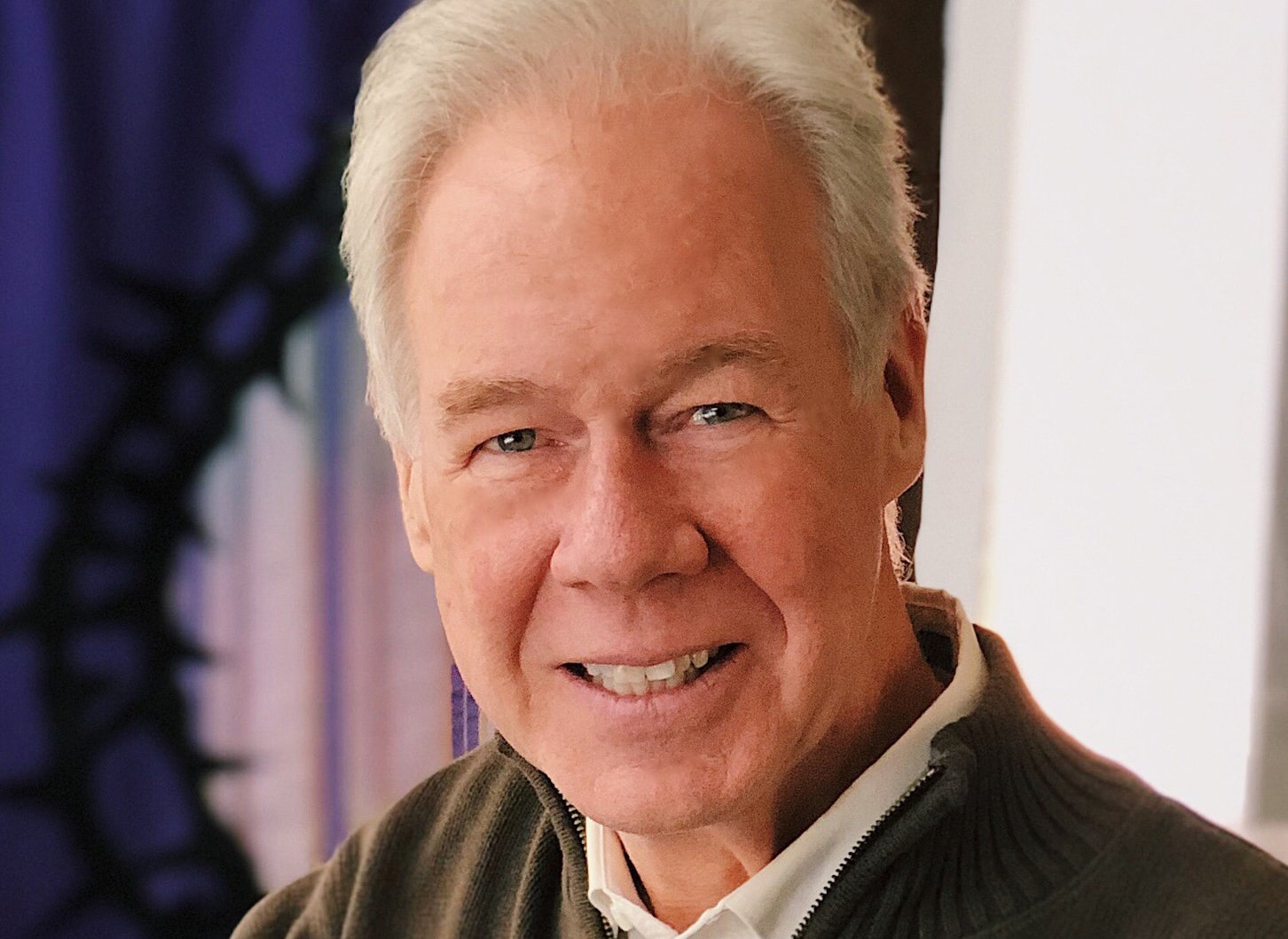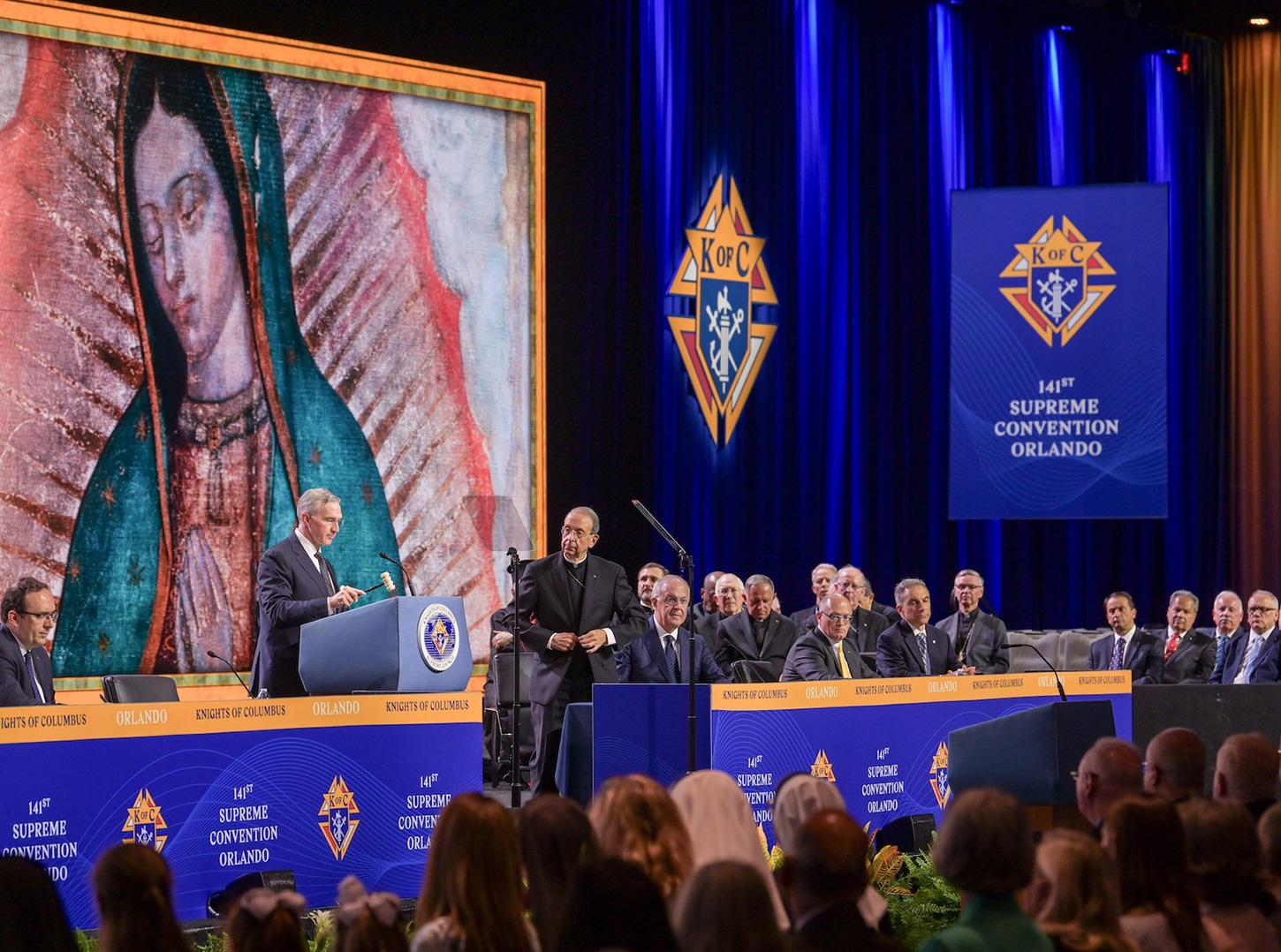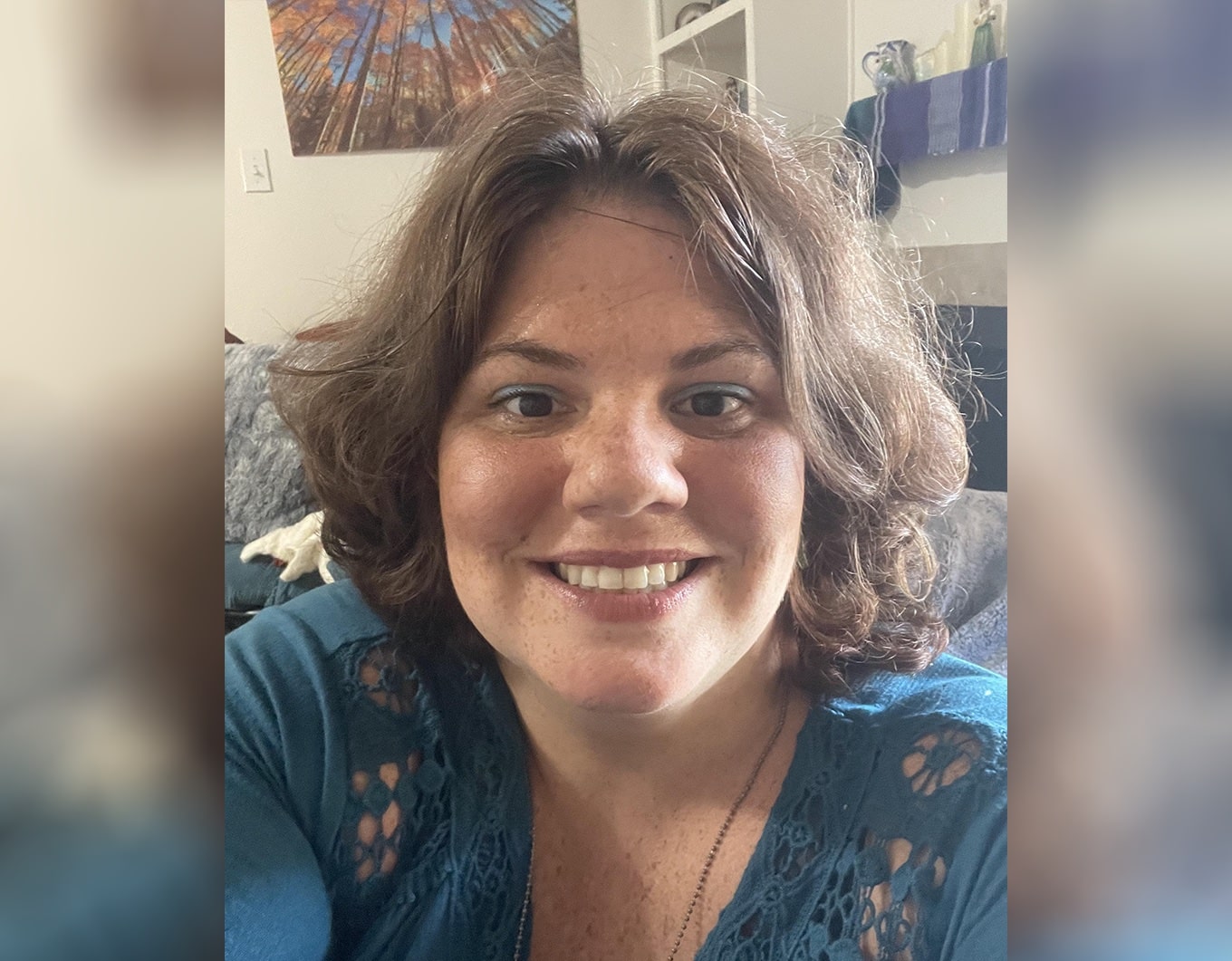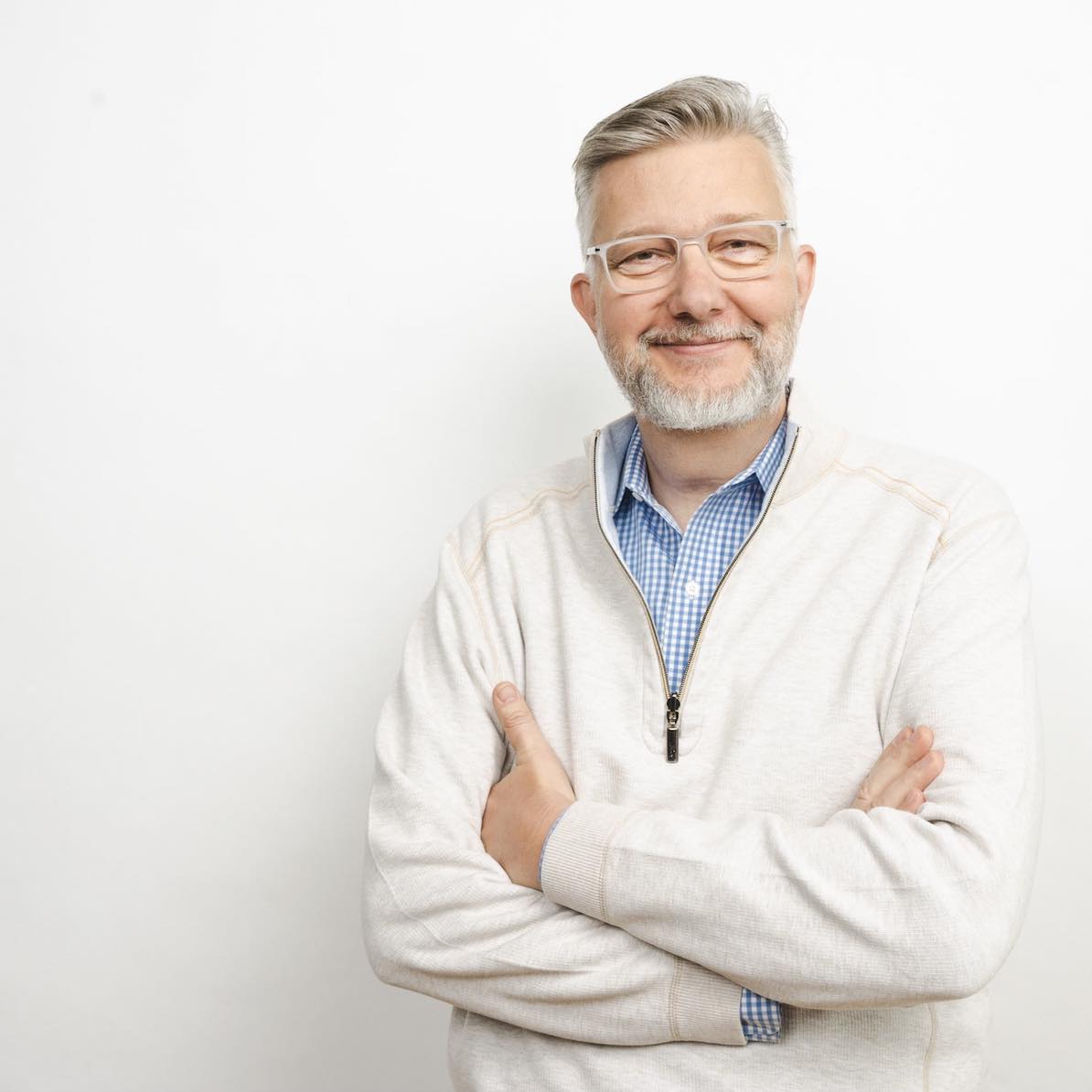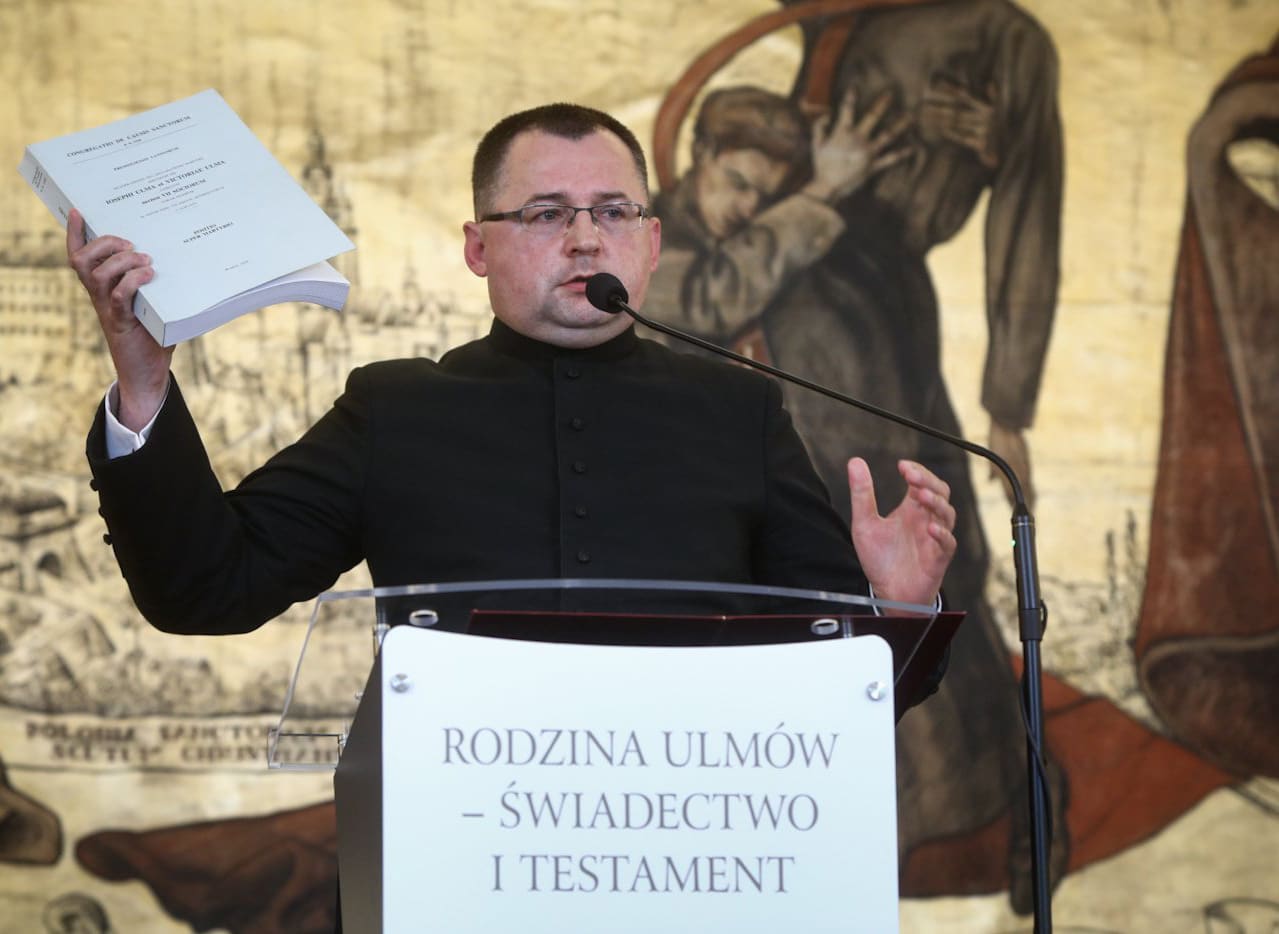(OSV News) As president and founder of Journey Films, Martin Doblmeier has produced and directed more than 30 films focused on religion, faith and spirituality since 1984. Martin combines a lifelong interest in religion with a passion for storytelling. He has traveled on location to more than 40 countries to profile numerous religious leaders, spiritual communities, heads of state and Nobel laureates. His films explore how belief can lead individuals into extraordinary action, how spirituality creates and sustains communities, and how faith is lived in unexpected ways.
Charlie Camosy: For many Catholics, “keep holy the Lord’s day” basically means something like “go to church.” But if you are making a film on the topic — and calling it “SABBATH” — you clearly think it should be much more than this.
Martin Doblmeier: For many people — especially Catholics — the starting place for thinking about Sabbath is too often through a legalistic lens. Sabbath is a commandment given to us by God, and we show our faithfulness by going to church. Growing up Catholic, I remember my parents and teachers reminding me that to miss Sunday Mass was a mortal sin. For a young person that was a heavy and binding weight, with eternal consequences.
Many of us can remember when all the stores and shops were closed on Sunday — a holdover from the so-called “blue laws.” While the guidelines were intended to direct our hearts toward a loving God and the need for weekly rest, the rules could be seen as heavy handed.
Looking back, I appreciate the guidance but I focus more on the underlying “spirit” of Sabbath. In his 1998 apostolic letter “Dies Domini,” Pope John Paul II invited the faithful to “rediscover with new intensity” the meaning of the day with all its mystery, “its celebration, its significance for Christian and human life.”
That is what I tried to do with this film, “SABBATH” — to rediscover Sabbath. I came to see it more as a gift than a burden, one that ties together all the dimensions of our love of God, our care for ourselves and others, and our reverence for all of God’s creation.
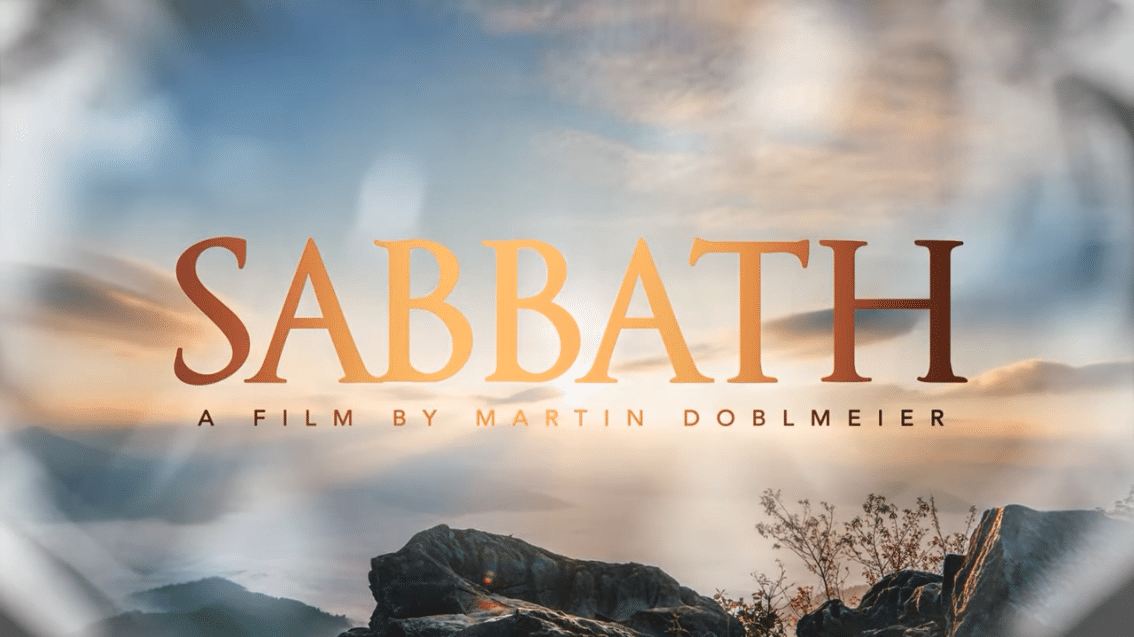
Countercultural
Camosy: It seems like such a film couldn’t come at a better time, especially for the consumerist West. Rates of anxiety and depression are through the roof. Daydreaming — or even mere silence — can seem like an endangered species. The pressure to create one’s own identity, rather than be still and encounter the living God, is overwhelming a generation of young people. How does “SABBATH” speak to this?
Doblmeier: At its core, Sabbath is countercultural. The dominant message in the culture is that if you are going to compete you need to constantly work. Sabbath invites us to work hard but also take a regular weekly rest. The culture teaches us to mistrust others. Sabbath teaches us to be open to trusting others, especially our coworkers, as we take that one day off. Sabbath also teaches us to trust God to care for God’s own creation for a day. Sabbath is not just about resting but being willing to let the world rest as well.
Popular culture celebrates individualism. Sabbath encourages us to build community and discover rest in community. Young people, especially — who suffered greatly from not being able to gather in community during the pandemic — are hungry for community, and Sabbath is a proven way to respond to that hunger.
More than relaxing
Camosy: I think you’ve got a story to tell from a visit to Our Lady Queen of Angels parish in Los Angeles?
Doblmeier: Yes! One week we filmed at historic Our Lady Queen of Angels parish in Los Angeles. The church is directly across the street from the old city plaza, so it has come to be known as La Placita, the little plaza.
It’s a vibrant congregation, where the majority are new or recently arrived immigrants from Mexico and Central America. Many work in the service industry — in hotels and restaurants, groundskeeping or construction work. They work the blue-collar jobs that keep America running. The pastor, Father Arturo Corral-Nevarez, says that when people extend their hands for Communion he sees “these are worker hands.” Many in the parish are also undocumented, which creates a different form of stress.
La Placita shows how Sabbath rest is about much more than relaxing the body one day a week. When people facing similar life struggles and dangers come together for worship and a meal in a safe atmosphere of harmony and welcome, that becomes a time when the soul can rest.
We witnessed 50 baptisms over what the parish called a “typical” weekend. As we were leaving, Father Arturo thanked me for making a film about Sabbath. He said even though he has been a parish priest for decades, faithfully performing his weekly duties, he hadn’t given thought to deeper dimensions of Sabbath, himself. His sermon that Sunday was an invitation to his congregation to revisit the meaning of Sabbath.
Reverence for creation
Camosy: We think of the primary need for a Sabbath in urban areas — so much stress, noise, congestion — but rural communities have their own challenges. How might a Sabbath be most useful in such communities?
Doblmeier: Sabbath rest certainly speaks to those who live in more urban areas, where the noise and pace of life can seem like an assault. But in ancient Israel the original 39 laws of Shabbat forbade things like harvesting, plowing, threshing — all farmer’s chores. For Orthodox Jews, those laws still have great significance, but for many others honoring the Sabbath in a rural setting today means listening to the land. It means showing reverence for creation and treating the land as if it is given by God as a sacred trust.
People once understood that you cared for the land because you were expected to pass it on to the next generation, and in better shape than you received it. That is how every civilization progressed. In a culture where profits take priority, that idea can seem almost naïve.
In “Laudato Si‘” Pope Francis says the creation accounts in Genesis — which conclude with God creating Sabbath rest — suggest that “human life is grounded in three fundamental and closely intertwined relationships with God, with our neighbor and with the earth itself.” That speaks to the very heart of Sabbath.
Farming with a Sabbath awareness means not taking from the land more than you give back. We are instructed to let fields go fallow every seven years to follow the Sabbath cycles. It’s not only a Sabbath directive, but it makes good sense for the health of the land. In the film, we acknowledge that today the land is clearly showing signs of over extraction, neglect and abuse. By every indication the clock is ticking.
Camosy: How can our readers see the film?
Doblmeier: “SABBATH” was released nationwide on PBS stations June 1, so viewers can go to their local PBS station and enter “SABBATH,” and watch the entire two-hour documentary. They can also watch it for free at our site www.journeyfilms.com. There they will also find a wealth of background materials, news, public screening events and other helpful information.

